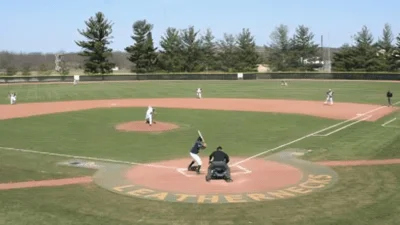Eroding support for a statewide property tax freeze backed by Illinois Gov. Bruce Rauner – even from some in his own party – kept senators from even considering the bill during the fall veto session, according to an article on MyJournalCourier.com.
The proposed legislation, SB851, would have locked in the current tax rate for the next two years for residents in Cook, Lake, McHenry, Kane, DuPage and Will counties, according to the Chicago CBS affiliate’s website.
All other counties would be subject to referendums asking whether a property tax freeze should be imposed for 2018 and 2019 or that all governments within a county jurisdiction be subject to a property tax freeze over that period and to the Property Tax Extension Limitation Law for levy year 2020 and the foreseeable future.
The CBS report said some Republicans characterized the bill as “pandering” in the wake of a 32 percent hike in state income tax earlier this year.
Bryan Smith, the executive director of the Township Officials of Illinois, had sent a legislative alert to township officials about SB851, asking them to urge their state lawmakers to oppose the measure.
One of the township officials who agrees with Smith is Penn Township trustee Tom Howes, who has served in that post since 2013 and as a Stark County board member since 2003.
“I think they should oppose (the tax)," Howes told the West Central Reporter. “Township government is the most efficient government we have in Illinois. We pay less money to get more things done.”
Howes challenged the perception that the township officials are part of an overpaid bureaucracy, stating that Penn Township’s supervisor earns only $2,000 per year and its clerk, $1,200. He maintains that the township government model – which he said was favored by founding father Thomas Jefferson – is the best way to distribute aid to senior citizens or the poor and to maintain the roadways, especially during snowstorms.
Howes said transferring responsibility for snow removal to the county would end up costing taxpayers more money because state workers would earn higher, union-regulated wages of perhaps $20 to $25 an hour versus their township counterparts, who typically earn around $20,000 annually.
According to the example Howes used, Illinoisans can’t afford not to keep townships in place.
“You’ll find that for most townships, their assessment for taxes is less than the public library,” he said.





 Alerts Sign-up
Alerts Sign-up